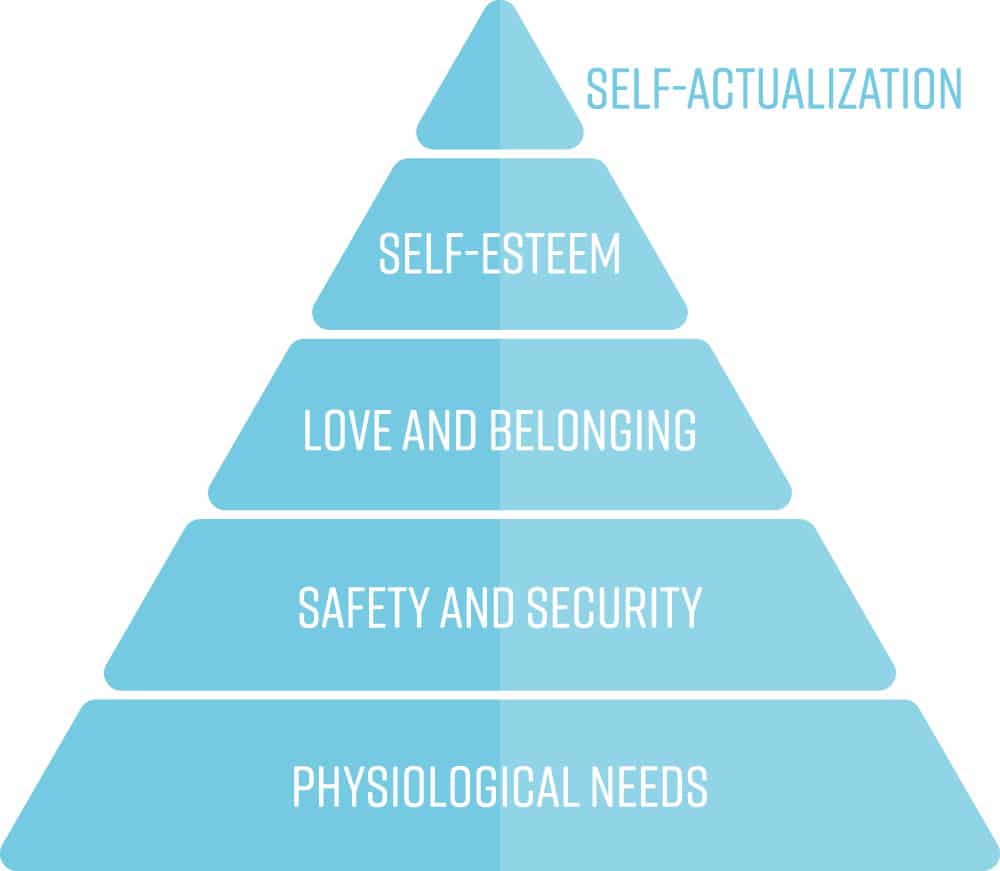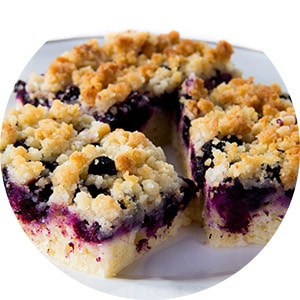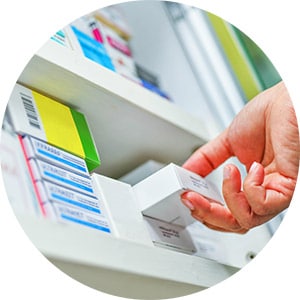3 proven retail marketing campaign ideas that are exceptionally effective
Modeling your campaigns off of proven retail marketing campaign ideas is a great jumping off point for businesses looking for immediate success. Three standout methods have consistently yielded excellent results for retailers and retail brands in the past, and continue to remain popular in 2020: tiered loyalty programs, mobile marketing campaigns, and experiential events. Read on to discover how popular brands benefitted from the effectiveness of these strategies in the forms of brand awareness, sales, consumer loyalty, and return on investment (ROI).
Tiered Loyalty Programs
A tiered loyalty program is a type of membership that rewards customers with special perks and benefits, depending on their ranking within the system’s predetermined tiers. Shoppers typically reach different tier levels when they reach a certain spending threshold, but programs also exist where shoppers can pay for “VIP” status.
Nordstrom is a popular U.S. retailer who has steadily wooed crowds with their impressive loyalty program. A basic “Member” of the Nordy Club receives 1 point for every dollar spent, free basic alterations, curbside pickup, and “first-to-shop” new styles. As they move to higher levels like “Insider” and “Influencer,” they receive added perks like 2-3 points per dollar spent, personal double-points days, credit for alterations, and in-store points on dining, entertainment, and travel purchases. At the highest “Ambassador” level, members have access to invite-only events and a personal at-home stylist.
Over the past 5 years, the program has grown 20% to include over 10 million active members. Nordy Club shoppers spend an average of 4x more and shop 3x as often as non-members.
When designing a tiered loyalty program, consider how you can meet the “hierarchy of [consumer] needs”:

- Physiological needs—Provide basic, easy, no-fuss benefits through a program with a “ladder” to climb.
- Safety needs—Guarantee privacy and data safety; allow for opt-in correspondence, customization, and opt-outs.
- Social needs—Fulfill a social need via recognition with special offers unavailable to basic members.
- Esteem needs—Provide insider status to special sales events, new product launches, and exclusive services.
- Self-actualization needs—Deliver a truly customized program with individualized services and one-on-one attention.
Once the tiers are created, brands should strive to create a feeling of exclusivity with each new tier by offering benefits that differentiate their shoppers from shoppers at other stores. Many loyalty programs offer a basic “free” level, but upcharge for premium benefits at higher levels. Gamification strategies can work in tandem with a tiered loyalty program to solidify shopper engagement, while segmenting audiences delivers a more personalized level of service.
Mobile-Based Campaigns
The lines between online and offline shopping are often blurred, as shoppers use mobile devices in stores to find deals, compare products, and overcome obstacles on the path to purchase.
Mobile app marketing is an increasingly popular way to inspire consumers digitally during the pre-trip planning phase and offer helpful, informative content in-store to encourage purchases. Through the use of videos, lookbook ads, recipes, QR codes, and point-based reward systems, brands are able to provide shoppers with the positive experience they desire.
Shopkick is a popular mobile rewards shopping app that brands and retailers can partner with to reach new audiences and cultivate long-term loyalty. Customers receive reward points (“kicks”) for engaging with in-app content, making online purchases through the app, or using the app in-store to perform a variety of unique small actions like visiting a retailer or scanning a product barcode, which they can then use toward gift cards of their choosing for a truly personalized experience.
The following case studies show just how powerful a mobile retail marketing campaign with Shopkick can be in achieving key marketing objectives:

Purina
Purina’s mobile campaign was designed to drive trial and consideration at Target stores during the busy holiday season. They leveraged proximity marketing to motivate shoppers upon entering the store and digital content to engage with them.
The results of the campaign were:
- 36% increased brand awareness
- 47% of shoppers cited future intent to buy
- 85% incremental sale increase
- 4:1 campaign ROI

Kellogg’s
To promote the launch of their new Bakery Delight Crumb Cakes, Kellogg’s ran a mobile campaign that rewarded users with kicks for engaging with branded lookbook content, for scanning the product barcode at-shelf, and for purchasing and uploading their receipt, ultimately earning shoppers a free gift card.
App marketing results included:
- 35% conversion rate
- 47% of shoppers were first-time buyers
- 55% lift in future purchase intent
- 5:1 campaign ROI

Claritin
During allergy season, Claritin sought the use of an effective mobile campaign to differentiate themselves from competitors, drive awareness, and increase sales at Walmart stores. They rewarded shoppers for scanning promoted products in-store.
The mobile campaign resulted in great success:
- 28 million+ campaign impressions
- 59% increase of incremental sales
- 4:1 campaign ROI
Experiential Retail
“Experiential retail” refers to any in-store shopping experience that goes above and beyond the traditional layout. Amenities may include food, live music, unique architecture, art, video displays, cross-promotions, virtual reality, live demos, and more.
Anthropologie, a popular retailer, proved just how valuable this strategy can be (when executed and measured properly). In 2019, they recruited local artists to design in-store sculptures and created themed pop-up shops. The events generated astounding results—they attracted over 6,300 attendee check-ins and resulted in more than 3,000 customers added to Anthropologie’s database and loyalty program.
Today, stores nationwide host everything from workshops, influencer events, and fashion shows, to birthday parties, dinners, and daylong retreats.
The trend is likely to continue so long as retailers continue to meet the demands of modern consumers with engaging, visually appealing stores that are whimsical, fun, educational, efficient, and share-worthy on social media. Today’s shoppers desire more than commodities; they want experiences, status, and memories.
For retailers, experiential marketing is not so much about the immediate sales bump—though some growth can be expected. Forrester and Adobe assert that “experience-driven” brands grow 19% per year, compared to 13% for ordinary brands.
The true value of experiential retail resides in providing consumers with feel-good moments, who reward the retailers with their enthusiastic loyalty in return. The same report found that experiential retailers have nearly twice as many repeat buyers than their less-immersive competitors.
The Bottom Line on Effective Retail Marketing Campaign Ideas
Whether it’s through a tiered loyalty program, mobile marketing, or experiential retail, successful retail marketing campaign ideas can generate an incredible ROI and inject life into retailers in the forms of consumer enthusiasm and immediate sales. Long-term strategic partnerships are especially effective in helping brands deliver greater value, edge out competitors, and solidify their positioning as an industry leader. A short-term retail marketing campaign is a savvy way to test out the waters before making a more substantial, long-term investment.
Shopkick offers a wealth of tools to execute a number of effective retail marketing campaign ideas that can yield the results you want. Read a few more success stories, learn about becoming a partner, or contact us to get started on your first mobile rewards campaign.





